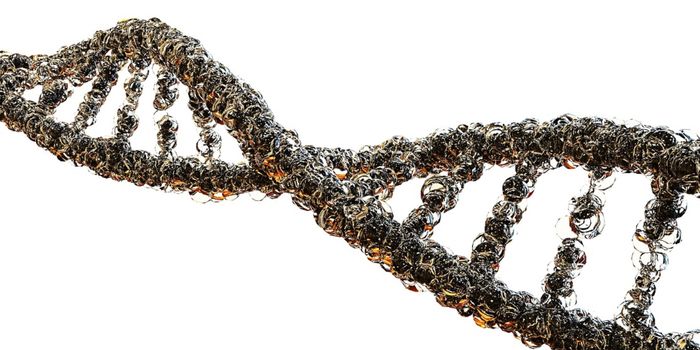Study Focuses on Cannabis-like Molecules that Augment Feeding Behavior
Biomedical scientist at the University of California, Riverside, conducted a study using a mouse model to explore the link between endocannabinoids and feeding behavior in the body. The study found that when overactive endocannabinoids are present in the gut blocking gut-brain satiation signaling the mice will overeat.
Example of Endocannabinoids. Photo Source: researchgate.net
Endocannabinoids are cannabis-like molecules that are naturally made in the body and regulate the body's immune, behavioral, and neuronal processes. Most cannabis users can attest to enhanced hunger and food cravings after use. Endocannabinoids have that same effect on the body.
The study found that mice that were fed a higher fat and sugar diet for 60 days had more active endocannabinoids at cannabinoid CB1 receptors in their gut. They found that this overactivity prevented the food-induced secretion of the satiation peptide cholecystokinin, which is a chain of amino acids that inhibit eating. This resulted in the mice overeating. Both cannabinoid CB1 receptors and cholecystokinin are found in all mammals, so this is an acurate reflection of what would take place in the human body.
Nicholas V. DiPatrizio, an assistant professor who led this research team suggests that "if drugs could be developed to target these cannabinoid receptors so that the release of satiation peptides is not inhibited during excessive eating, we would be a step closer to addressing the prevalence of obesity that affects millions of people in the country and around the world."
It is estimated that roughly 160 million Americans are either obese or overweight, which is a large portion of the population. Uncovering aids to this epedemic is of vital importance.
In previous studies, researchers attempted to target the cannabinoid CB1 receptors with a CB1 receptor blocker, Rimonabant, but they were unsuccessful because of the psychiatric side effects of the drug. However, this most recent study leads researchers to believe it is possible to only target the cannabinoid receptors in the gut to aid obesity, without potential adverse side effects.
The research team will continue their research to gain a better understanding of what specifically in our diets cause dysregulation of the endocannabinoid system.









